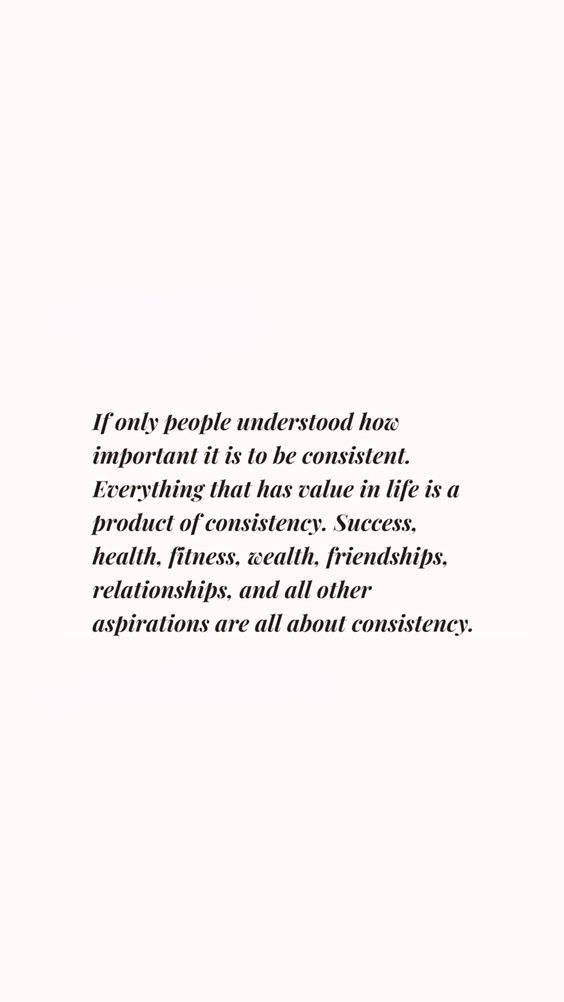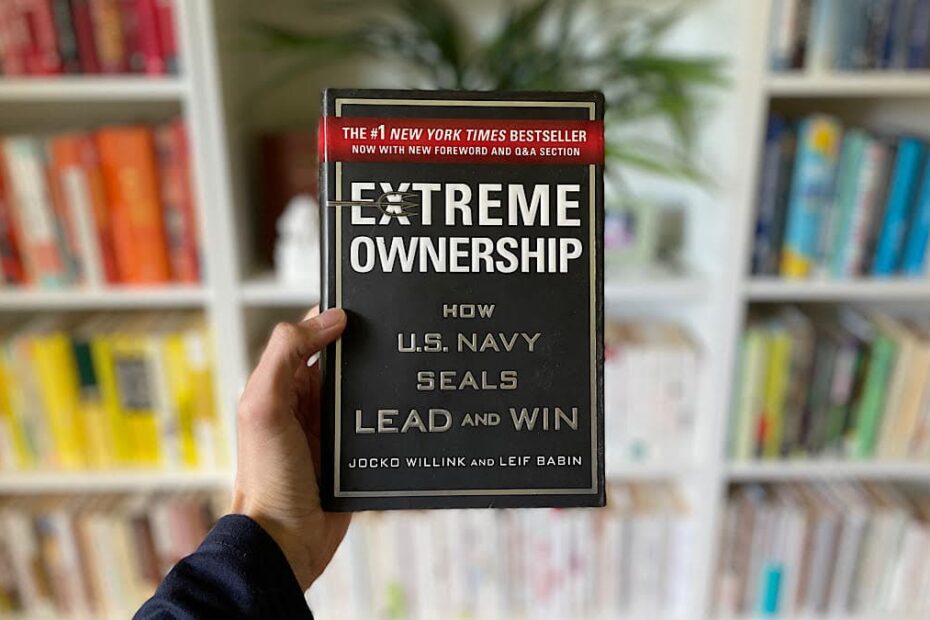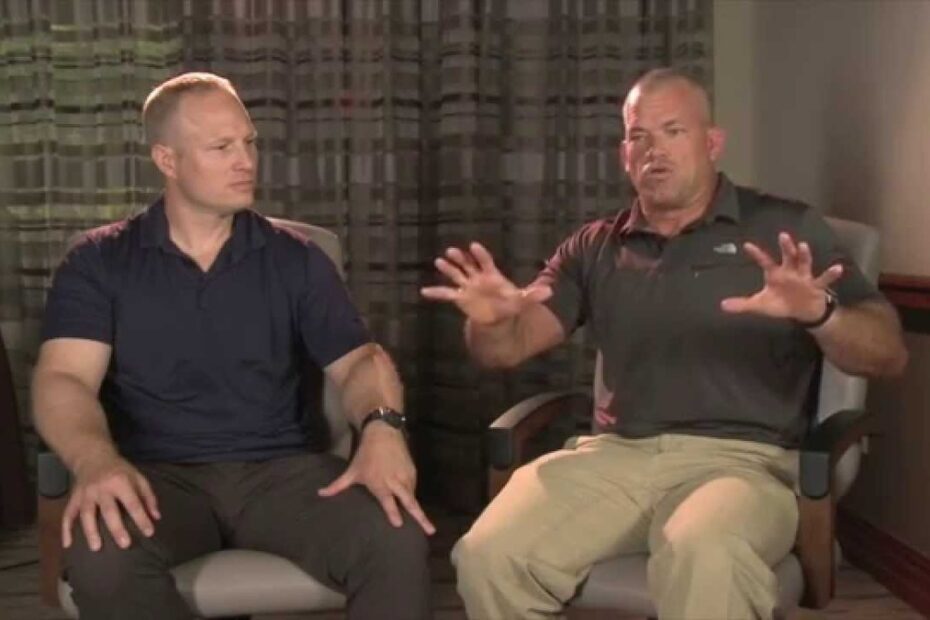“Our progress is paved with mistakes, failures, and defeats, and it’s our resilience that keeps us keeping on. Every misstep is a teacher, and not all the things and people we lose in life end up being losses. Our obsession with winning can cost us much more than losing a healthy outlook when life doesn’t go our way. There’s always a lesson, a nugget of wisdom or a jewel waiting when things look like they won’t be going in our favor; we just have to be willing to pay attention and do some digging if need be. Once we remind ourselves to find opportunity in any situation, there is no loss, just learning. Failure isn’t the opposite of success, it’s a path to it.” ~ Humble the Poet, Things No One Else Can Teach Us (Page 268)
“Your ultimate leverage is your craft. Stop taking meetings, stop networking, stop trying to cut corners, and get better at what you do. As you get better, your craft will be your leverage, and opportunities will find you. Devote more time to your craft and become irreplaceable.” ~ Humble the Poet, Things No One Else Can Teach Us (Page 241)
“Patience is for the long term; speed is for the short term. The pressure that build between the two produces the diamond.” ~ Gary Vaynerchuk, Crushing It
Humble the Poet Quote on Managing Expectations and Going From “High” to “Low” to “None”
“Jumping into anything with low expectations is the best way to exceed expectations, so keep that in mind when deciding your next move.”
Humble the Poet, Things No One Else Can Teach Us (Page 131)
Beyond the Quote (79/365)
Rather than low expectations, try no expectations. When you hold a stance that maintains expectations, you are putting energy into a future result that will distract you from your present task. Once you have made up your mind about what your next move will be, do just that. And focus all of your resources on doing that task to the best of your ability—not into acquiring a certain result. Maintain the mindset of now and empty your mind of what might happen in the future. This is how you will produce your best work and this is how you will best take care of the tasks you set out to do. And as the saying goes, taking care of this moment is the best insurance you have for the next moment.
Read More »Humble the Poet Quote on Managing Expectations and Going From “High” to “Low” to “None”“The way to attract good luck is to be reliable in a valuable area. The more you repeatedly deliver value, the more people seek you out for that value. Your reputation is a magnet. Once you become known for something, relevant opportunities come to you with no extra work.” ~ James Clear, Blog
Don Miguel Ruiz Quote on Creating the Perfect Relationships—Starting With The One You Have With Yourself
“When you make it your goal to create the perfect relationship between you and your body, you are learning to have a perfect relationship with anyone you are with, including your mother, your friends, your lover, your children, your dog. When you have the perfect relationship between you and your body, in that moment your half of any relationship outside you is completely fulfilled. You no longer depend upon the success of a relationship from the outside.”
Don Miguel Ruiz, The Mastery of Love
Beyond the Quote (66/365)
The most you can ever contribute to the success of a relationship is 50%. The fact that it’s a relationship implies that there are two and 100% of one out of two is 50%. This isn’t to say that the most effort you can ever put forth is 50%. You can undoubtedly give your 100%, but it’s only ever going to add up to 50% as a part of the whole relationship. This is one of the key mindsets to understand in order to maintain a healthy relationship. Let’s take a look at an example.
Read More »Don Miguel Ruiz Quote on Creating the Perfect Relationships—Starting With The One You Have With YourselfSteve Jobs Quote on Focus and Working Hard To Keep Thinking Clean
“That’s been one of my mantras—focus and simplicity. Simple can be harder than complex: You have to work hard to get your thinking clean to make it simple. But it’s worth it in the end because once you get there, you can move mountains.”
Steve Jobs
Beyond the Quote (41/365) Part 1: On Focus
The ability to focus, or more clearly stated, the ability to block out distractions—especially in today’s world—is absolutely critical in producing the best work of your life. Think about it. Distractions are the things that take your attention elsewhere—away from what it should be/ could be doing. And when your attention is over there, it’s certainly not over here—focused on the deep, thoughtful work that requires long chains of uninterrupted time for thought, flow, play, introspection, and execution. And the more that your attention ends up over there in distraction, either deliberately or unexpectedly, the work you could be doing over here gets sidetracked and lost.
Read More »Steve Jobs Quote on Focus and Working Hard To Keep Thinking CleanLeo Babauta Quote on Using Mistakes As Feedback
“Use mistakes as feedback. They’re not signs that you’re a bad person or have no discipline. They’re signs that you need to adjust.”
Leo Babauta, Essential Zen Habits (Page 71)
Beyond the Quote (39/365)
In his book, Essential Zen Habits, Leo Babauta shares a simple story about mistakes that might help you shift your paradigm from looking at mistakes as catastrophic failures to seeing them as opportunities for indispensable feedback. Imagine you are walking across a pond using a small stone path. It’s not the most stable path and it zig zags across the water, but can none-the-less get you to the other side. If you wanted to get to the other side safely and dry, you would have to carefully place each step and make the proper balance adjustments along the way (I believe in you).
Read More »Leo Babauta Quote on Using Mistakes As Feedback“Success is never due to one thing, but failure can be. Sleeping well won’t make you successful, but not sleeping enough will hold you back. Hard work is rarely enough without good strategy, but even the best strategy is useless without hard work. Many things are necessary, but not sufficient for success.” ~ James Clear, Blog
Viktor Frankl Quote on Success and Looking At It As A Side-Effect Rather Than A Target
“Don’t aim at success—the more you aim at it and make it a target, the more you are going to miss it. For success, like happiness, cannot be pursued; it must ensue, and it only does so as the unintended side-effect of one’s dedication to a cause greater than oneself or as the by-product of one’s surrender to a person other than oneself.”
Viktor Frankl
Beyond the Quote (35/365)
Having an aim in life is important. Aim gives direction and direction gives energy, effort, and resources a focused purpose. Without an aim you would presumably wander around aimlessly which, of course, would waste time, energy, effort, and resources. It’s like if I gave you a bow-and-arrow and told you to shoot the target. The first question you would necessarily ask is, “Where is the target?”
Read More »Viktor Frankl Quote on Success and Looking At It As A Side-Effect Rather Than A TargetSakyong Mipham Quote on Living Our Days At The Mercy Of Our Moods
“With an untrained mind, we’ll live most days of our lives at the mercy of our moods. Waking up in the morning is like gambling: ‘What mind did I end up with today? Is it the irritated mind, the happy mind, the anxious mind, the angry mind, the compassionate mind, or the loving mind?’ Most of the time we believe that the mind-set we have is who we are and we live our day from it.”
Sakyong Mipham, Turning the Mind Into An Ally (Page 20)
Beyond the Quote (29/365)
Gambling is not a good strategy for long-term success. Heck, it’s not even a good strategy for short-term success. It’s not a good strategy for success at all. The odds are against you and the factor that holds most of the control over your destiny is blind-luck. What’s better than blind-luck? Well, just about any other strategy, to be honest.
Read More »Sakyong Mipham Quote on Living Our Days At The Mercy Of Our MoodsRyan Holiday Quote on Success Being About Beating Yourself—Not The Other Guy
“[Success] is not about beating the other guy. It’s not about having more than the others. It’s about being what you are, and being as good as possible at it, without succumbing to all the things that draw you away from it. It’s about going where you set out to go. About accomplishing the most that you’re capable of in what you choose. That’s it. No more and no less.”
Ryan Holiday, Ego is the Enemy
Beyond the Quote (19/365)
Be what you are—and be as good as possible at it. Identifying your unique strengths, aptitudes, and abilities as a person is the most important first step in discovering your success. Once those characteristics are discovered (or at least a relatively firm idea has been developed), then step two is tripling down on those strengths with as much of your energy and effort as you can afford so that you can accomplish all that you’re capable of accomplishing.
Read More »Ryan Holiday Quote on Success Being About Beating Yourself—Not The Other GuyJordan Peterson Quote on Winning—About Letting Growth Taking Precedence Over Victory
“You have a career and friends and family members and personal projects and artistic endeavors and athletic pursuits. You might consider judging your success across all the games you play. Imagine that you are very good at some, middling at others, and terrible at the remainder. Perhaps that’s how it should be. You might object: I should be winning at everything! But winning at everything might only mean that you’re not doing anything new or difficult. You might be winning but you’re not growing, and growing might be the most important form of winning. Should victory in the present always take precedence over trajectory across time?”
Jordan Peterson, via 12 Rules for Life (Page 88)
Beyond the Quote (15/365)
If you’re winning all of the time, every time, at everything, then one of two things has gone wrong: either you’re playing the wrong game(s) or you’re playing the wrong people. Who cares if you win against a two-year-old in chess all of the time, every time? There’s no challenge, which means there’s no growth, which means there’s no value. Either you need a new game to play or you need to find a new person to play the game against. Even if you were playing chess against one of your peers, and you were crushing them every time, it’s the same issue—no challenge, no growth, no value.
Read More »Jordan Peterson Quote on Winning—About Letting Growth Taking Precedence Over VictoryStephen Covey Quote on Keeping Success Balanced Across All Areas Of Life
“Many people seem to think that success in one area can compensate for failure in other areas. But can it really?… True effectiveness requires balance.”
Stephen Covey
Beyond the Quote (13/365)
The example that comes up immediately is the widely popular cultural pursuit of work success at the expense of just about any other area of life. But can workplace success compensate for failed friendships? Failed marriages? Failed family life? Failed integrity? Failed health? …I would say confidently, that it cannot. Real success in life requires balance. And if we are to become effective at living a life of balance we have to be mindful of, take action on, and make constant adjustments to our priorities.
Read More »Stephen Covey Quote on Keeping Success Balanced Across All Areas Of LifeJames Clear Quote on The Importance Of Systems For Success
“You do not rise to the level of your goals. You fall to the level of your systems.”
James Clear, Atomic Habits
Beyond the Quote (Day 8)
Before the start of every competition, it’s safe to assume that every competitor has the same goal—to win. And yet, not all of them do—only one person wins. Is it the case that the person who wins has a bigger desire to win than the rest? Possibly, but not indefinitely. It is certainly the case that people with greater desires to win have lost. Size of desire, in and of itself, is not the difference maker in winning and losing. So, what is?
Read More »James Clear Quote on The Importance Of Systems For Success“If you set yourself a goal and work toward it, you are using clock time. You are aware of where you want to go, but you honor and give your fullest attention to the step that you are taking at this moment. If you then become excessively focused on the goal, perhaps because you are seeking happiness, fulfillment, or a more complete sense of self in it, the Now is no longer honored. It becomes reduced to a mere stepping stone to the future, with no intrinsic value. Clock time then turns into psychological time. Your life’s journey is no longer an adventure, just an obsessive need to arrive, to attain, to ‘make it.’ You no longer see or smell the flowers by the wayside either, nor are you aware of the beauty and the miracle of life that unfolds all around you when you are present in the Now.” ~ Eckhart Tolle, The Power of Now (Page 58)
18 Powerful Quotes from Extreme Ownership That Will Help You Lead and Win
Excerpt: Jocko Willink and Leif Babin know how to lead a team to victory. Our 18 quotes from Extreme Ownership will help you better lead and win too.
Read More »18 Powerful Quotes from Extreme Ownership That Will Help You Lead and Win
A Navy SEAL’s Checklist for Planning – from Jocko Willink and Leif Babin
Excerpt: Two Navy SEALs share their checklist for planning which they use for mission preparation… A checklist you can use for life planning too.
Read More »A Navy SEAL’s Checklist for Planning – from Jocko Willink and Leif Babin
“Everyone has an ego. Ego drives the most successful people in life—in the SEAL Teams, in the military, in the business world. They want to win, to be the best. That is good. But when ego clouds our judgment and prevents us from seeing the world as it is, then ego becomes destructive. When personal agendas become more important than the team and the overarching mission’s success, performance suffers and failure ensues. Many of the disruptive issues that arise within any team can be attributed directly to a problem with ego.” ~ Jocko Willink, Extreme Ownership (Page 100)


